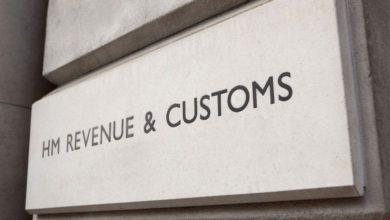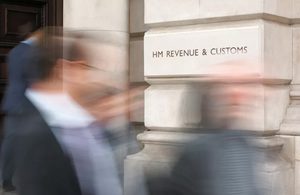
HMRC has issued “nudge” letters to 3,000 employers each week, informing employers that their records show they may need to repay amounts received under the furlough scheme.
The letters state that furlough payments may need to be repaid as the business has claimed for a grant that is greater than they are entitled to. Other letters warn that businesses may not have met all of the conditions of the scheme.
Andrew Sackey, tax partner at law firm Pinsent Masons, said: “HMRC is putting businesses on notice. They are likely to come down hard on those who don’t use this amnesty and are later found to be in breach of the rules.”
“It’s a good strategy as HMRC knows that most sensible businesses that realise that they may have over claimed will come forward – leaving only those who don’t undertake reasonable due-diligence, the reckless or the hard-core fraudsters to be targeted with follow up investigations.”
He added: “HMRC accepts that businesses can make mistakes. For example, employers are finding that even when they have clearly told furloughed employees that they must not work, employees – sometimes with the very best of intentions – have been generating large volumes of work emails in breach of the rules.
“Clear directions from head office about the prohibition on working will also have been ignored by some line managers. Businesses that have made furlough claims must ensure they have complied with the rules before the amnesty ends.”
The amnesty covers the “full spread of behaviours”. This includes employers who are unaware that remote staff are working, technical or calculation errors, remittance delays, and deliberate behaviour.
According to the law firm, it is the “only chance” employers will have to remedy their position without sanction or penalty.
Deliberate behaviour not corrected using the amnesty will reportedly expose an employer to HMRC’s “criminal powers” as well as “naming and shaming” under HMRC’s powers to publish details of deliberate tax defaulters.







